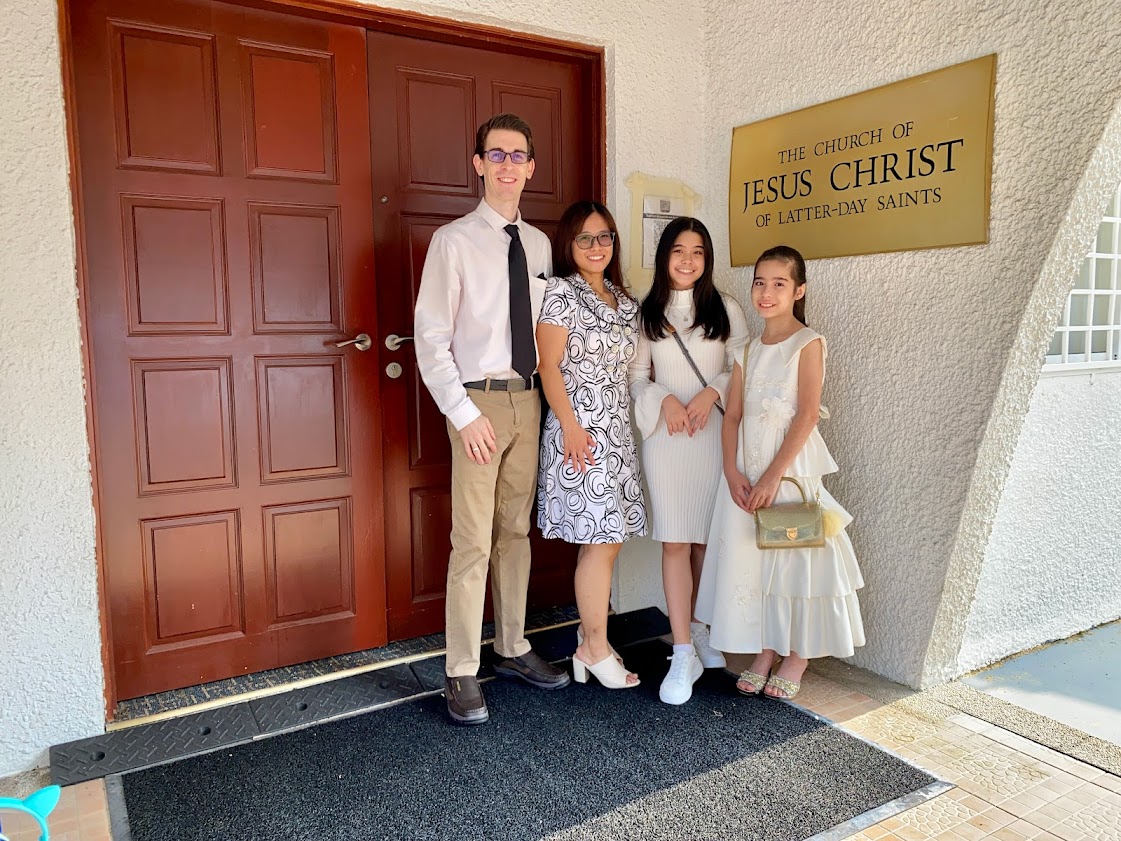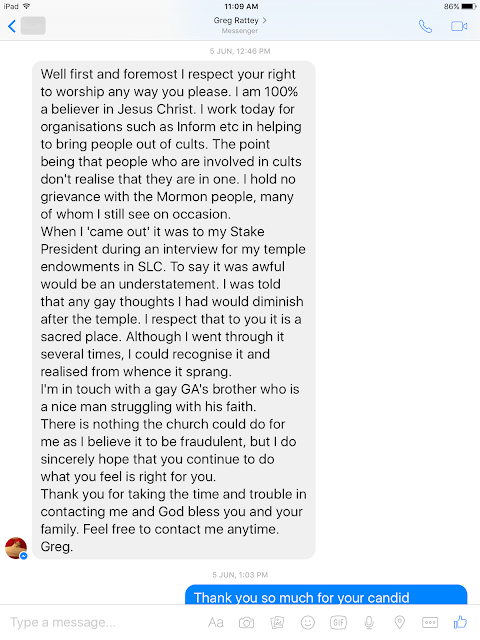It has been a fascinating and turbulent American election season featuring two candidates with larger-than-desired low approval ratings but with huge support from their own followers.
Donald Trump's win was unexpected and played down by the mainstream media despite its historic proportions. Fault-finding of the businessman has been incessant but he has turned the tables on his critics in every instance. His past has been dug up, false allegations have been spread like wildfire, and he has issued an apology for previous conduct while calling out and exposing the corruption which has cankered American government for years.
And now the Mormon Tabernacle Choir (MOTAB) has agreed to perform at President Trump's inauguration at the swearing-in ceremony.
A lot of Mormons have expressed outrage, disappointment, shock, concern and disapproval of both the MOTAB and the Church itself. Facebook posts have been littered with comments with both positive slants and negative rants.
My message to my fellow-LDS is this: Get over yourselves!
This is what I posted on the LDS Living facebook post concerning the MOTAB's agreement to perform at the inauguration:
The MOTAB have performed at several past presidential inaugurals and are continuing this trend. As a Church, we support and respect the high position of authority of the President of the United States of America. We sustain and pray for our world leaders, instead of voice disregard for the person occupying the role. (Imagine if a church member we weren't too keen on received abuse and disdain simply because they held a certain responsibility/calling in the church!)
Another reason I support the MOTAB is because they are FANTASTIC! Their music and vocals are second to none and they always invite strong spiritual and positive feelings, good vibes that I hope will unite America behind its democratically-elected leader. I hope that the MOTAB brings a lasting element of peace to the inauguration which can reflect Mr. Trump's position of having constructive and healing dialogue with leaders of the world instead of stubborn standoffs as politicians of the past have done.
What many people look over is the fact that Donald Trump is a good man who prefers staying in with his family and who is a generous giver of charity and jobs. A lot of people base their judgements of Mr. Trump solely on the last 18 months since he announced his intention to run for President. The truth is, that time frame produces extremely poor and clouded views of who exactly he is. Do a bit of reasearch. Learn about him. See the good in him. He is going to be an excellent President.
We all say and do things behind closed doors and out in the open, that we regret and are not proud of. God, in His infinite mercy and love, grants us endless second chances.
It's time President Trump was extended the same prayers, support and hope.
My message to my fellow-LDS is this: Get over yourselves!
This is what I posted on the LDS Living facebook post concerning the MOTAB's agreement to perform at the inauguration:
The MOTAB have performed at several past presidential inaugurals and are continuing this trend. As a Church, we support and respect the high position of authority of the President of the United States of America. We sustain and pray for our world leaders, instead of voice disregard for the person occupying the role. (Imagine if a church member we weren't too keen on received abuse and disdain simply because they held a certain responsibility/calling in the church!)
Another reason I support the MOTAB is because they are FANTASTIC! Their music and vocals are second to none and they always invite strong spiritual and positive feelings, good vibes that I hope will unite America behind its democratically-elected leader. I hope that the MOTAB brings a lasting element of peace to the inauguration which can reflect Mr. Trump's position of having constructive and healing dialogue with leaders of the world instead of stubborn standoffs as politicians of the past have done.
What many people look over is the fact that Donald Trump is a good man who prefers staying in with his family and who is a generous giver of charity and jobs. A lot of people base their judgements of Mr. Trump solely on the last 18 months since he announced his intention to run for President. The truth is, that time frame produces extremely poor and clouded views of who exactly he is. Do a bit of reasearch. Learn about him. See the good in him. He is going to be an excellent President.
We all say and do things behind closed doors and out in the open, that we regret and are not proud of. God, in His infinite mercy and love, grants us endless second chances.
It's time President Trump was extended the same prayers, support and hope.





























